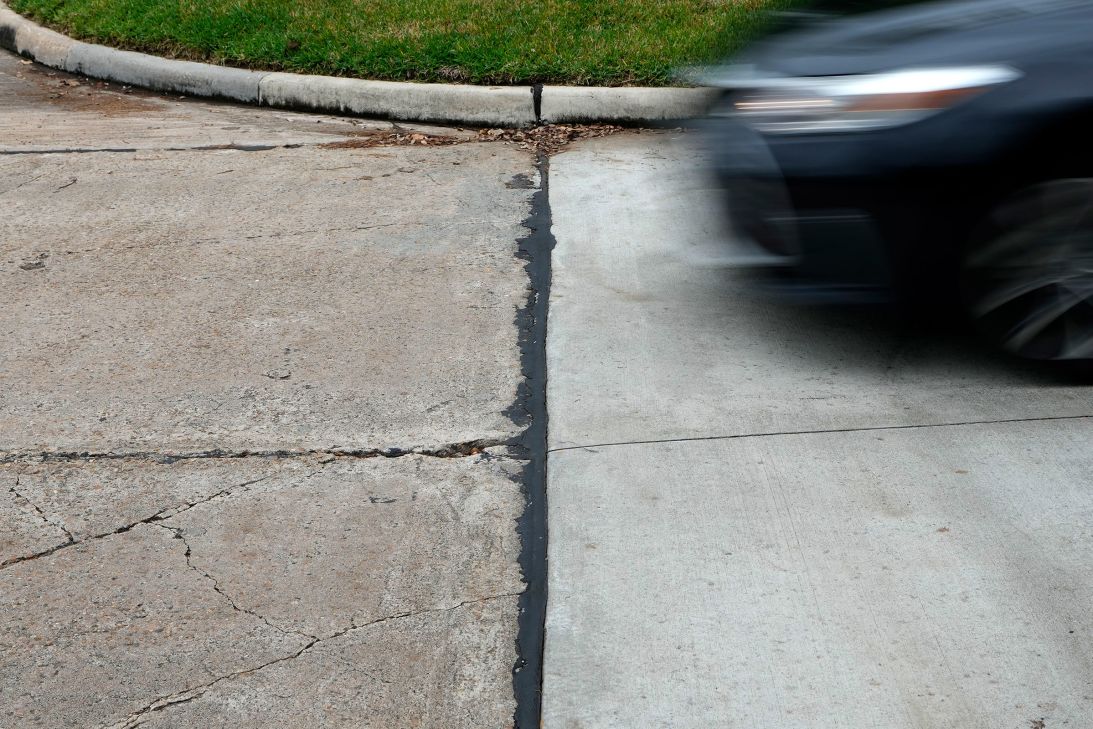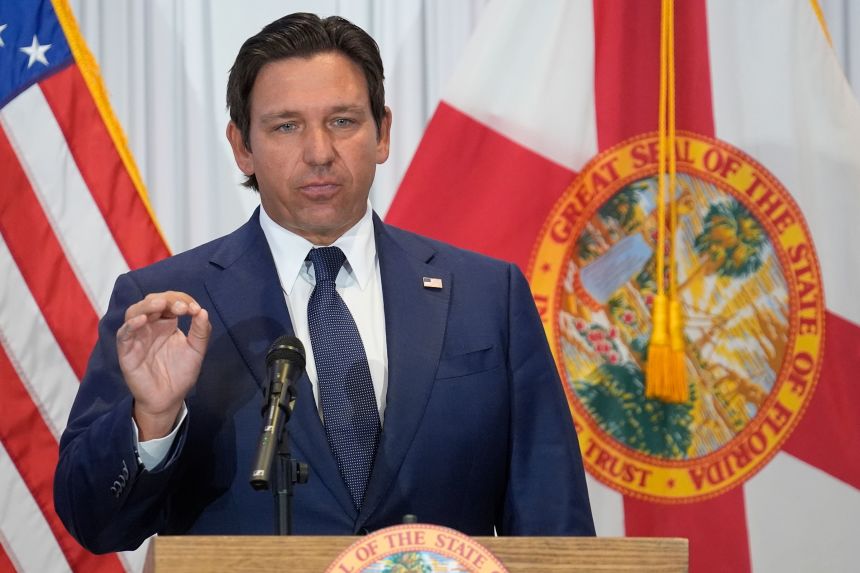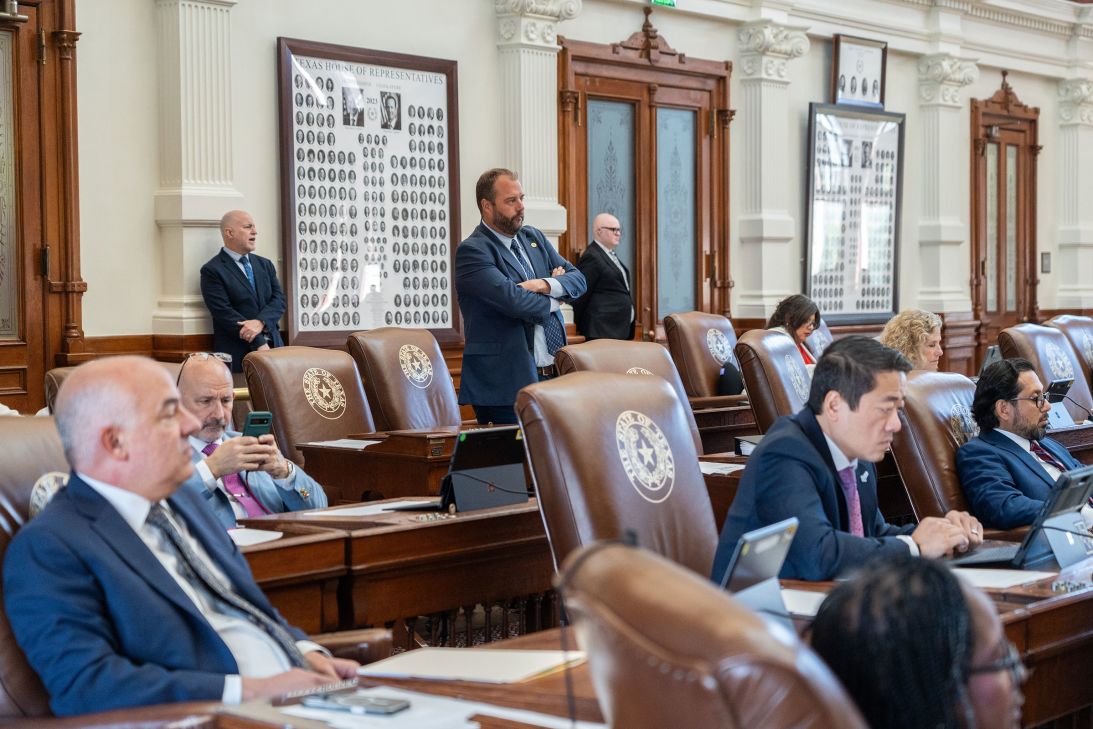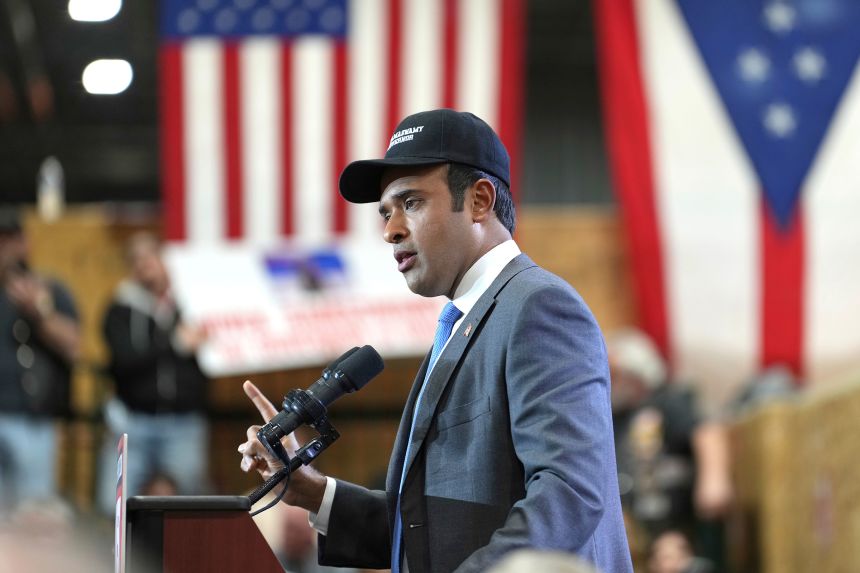With real estate prices climbing and household budgets under strain, a once-fringe push to eliminate property taxes is drawing new energy — and the backing of high-profile conservative figures.
Republican firebrand Rep. Marjorie Taylor Greene of Georgia recently argued for making it a national priority. Billionaire Elon Musk has likened property taxes to “a de facto lease from the government” that should be abolished. And in Florida, Gov. Ron DeSantis, a once and possible future presidential contender, has vowed to move his state in that direction.
“If you own your home, to truly own it, you have to own it free and clear of the government,” DeSantis said Tuesday.
For decades, property taxes have underwritten the basic functions of local government — schools, parks, roads, police and fire departments, trash collection. But as home values have surged, tax bills have ballooned in tandem, fueling what David Schleicher, a Yale professor of local government, described as a “property tax revolt” shaking cities and states alike.
“This is a really big trend that is below the radar because it doesn’t involve President Trump,” Schleicher said. “But it doesn’t need fireworks to announce itself. It’s already changing our relationship with government and how schools work and property markets.”
The frustration is cutting across partisan lines. Last year, voters in nine states approved referendums to cap or curb rising assessments, from tying bills to inflation in Georgia to New Mexico and Colorado expanding tax exemptions for veterans who own homes there. Meanwhile, lawmakers in Texas, Indiana, New Jersey, New York and elsewhere have approved tens of billions of dollars in property tax relief over the past 18 months.
To some, though, such measures fall short. Grassroots campaigns in Michigan and Ohio are now gathering signatures for ballot initiatives that would abolish property taxes altogether. In Texas, Republican state Rep. Brian Harrison has proposed a state constitutional amendment to end them there by 2031.
“Never-ending property taxes are unethical, immoral and incompatible with private property rights,” Harrison said, “and need to be thrown to the ash heap of history.”

Critics warn that eliminating property taxes would devastate local budgets. The levy accounts for 70% of what cities and counties collect nationwide, according to the nonpartisan Tax Foundation. In Florida alone, property taxes amounted to about $60 billion last year, according to the state Department of Revenue.
Jared Walczak, the vice president of State Projects at the Tax Foundation, said that while angst over property taxes is justified, few communities could overcome their elimination. Rural and residential areas lack the retail base to rely on sales tax, and most local governments are barred from taxing income, he said. That would leave states to collect and distribute money through new levies, stripping power from local officials.
“It’s just not responsible,” Walczak said. “That’s an enormous amount to offset.”
Even DeSantis, who is exploring a 2026 ballot measure to phase out property taxes on homes, has acknowledged Florida may be uniquely positioned because of its robust tourism taxes and revenue collected on second homes.

“We’re the only state that can probably pull this off,” DeSantis said, though he has yet to unveil a detailed plan.
For some advocates of the idea, finding a way to pay for programs and services is a problem for others to solve. Harrison, who downplayed the financial pain, nevertheless made clear: “I’m not looking for a dollar-for-dollar replacement. I want to cut government.”
In Ohio, Brian Massie, who leads a citizens group pushing to abolish property taxes, suggested charging fees for fire departments calls, adding more toll roads and selling annual park and library passes. But he said those concerned about the unknown should be troubled by the status quo’s effect on struggling families and seniors on fixed incomes.
“I’ve spent $100,000 in property taxes for a school I’ve never used,” Massie said. “You can’t continue to suck the lifeblood out of the community.”

The moment recalls anti-tax movements from a half-century ago, when homeowner anger over rising costs produced a wave of ballot initiatives, including California’s Proposition 13, which sharply capped property taxes.
The belief that property should never be taxed has long lingered at the margins of American politics. But a post-pandemic surge in home values has transformed it from a grievance bubbling beneath the surface into a cause that is beginning to reshape tax debates and Republican politics.
Pennsylvania state Sen. Doug Mastriano, who lost a bid for governor in 2022 and has hinted at another campaign in 2026, proposed a constitutional amendment that would eliminate school property taxes in his state. Rep. Byron Donalds, the Trump-backed candidate to succeed DeSantis as Florida governor, told conservative podcaster Benny Johnson earlier this year he would “definitely be in favor” of eliminating property taxes.
In Ohio, Republican Vivek Ramaswamy, a presidential candidate in 2024, launched his campaign for governor with a speech declaring “we need to bring down property taxes in this state immediately — eventually down to zero.” He has since softened his stance, saying he would eliminate income taxes and “cap” property taxes, though his campaign would not explain the shift.

The movement has largely grown on grassroots support and without major financial backing, though that could be changing. Club for Growth, a conservative group funded in part by billionaire GOP donors Jeff Yass and Richard Uihlein, has been discussing the issue with lawmakers and gubernatorial candidates and is closely tracking its rise, a person with knowledge of the organization’s planning told CNN.
“Conservatives who oppose cutting property taxes so they can fund big government are RINOs we will hold accountable,” Club for Growth president David McIntosh told CNN in a statement supporting efforts to eliminate the tax.
Despite the momentum, the cause suffered a considerable setback last year in North Dakota. There, an unusual coalition of labor groups, progressive organizations, business leaders and both Republicans and Democrats banded together to defeat a ballot initiative that would have ended property taxes in the state. The measure was opposed by then-Gov. Doug Burgum, now the secretary of the interior, as well as fellow Republican Kelly Armstrong, who succeeded him.
By a two-to-one margin North Dakotans rejected the referendum — about the same share of voters who backed Trump in the state.
Chad Oban, a Democratic operative who led the opposition campaign, said he assumed such a decisive defeat in a deeply conservative state would halt the movement. Watching it spread now, he warned leaders in other states not to ignore the anger.
“People are upset about property taxes and it’s not because they’re unreasonable,” Oban said. “If they get pushed too hard, eventually a state is going to pass this. And then, oh my.”

